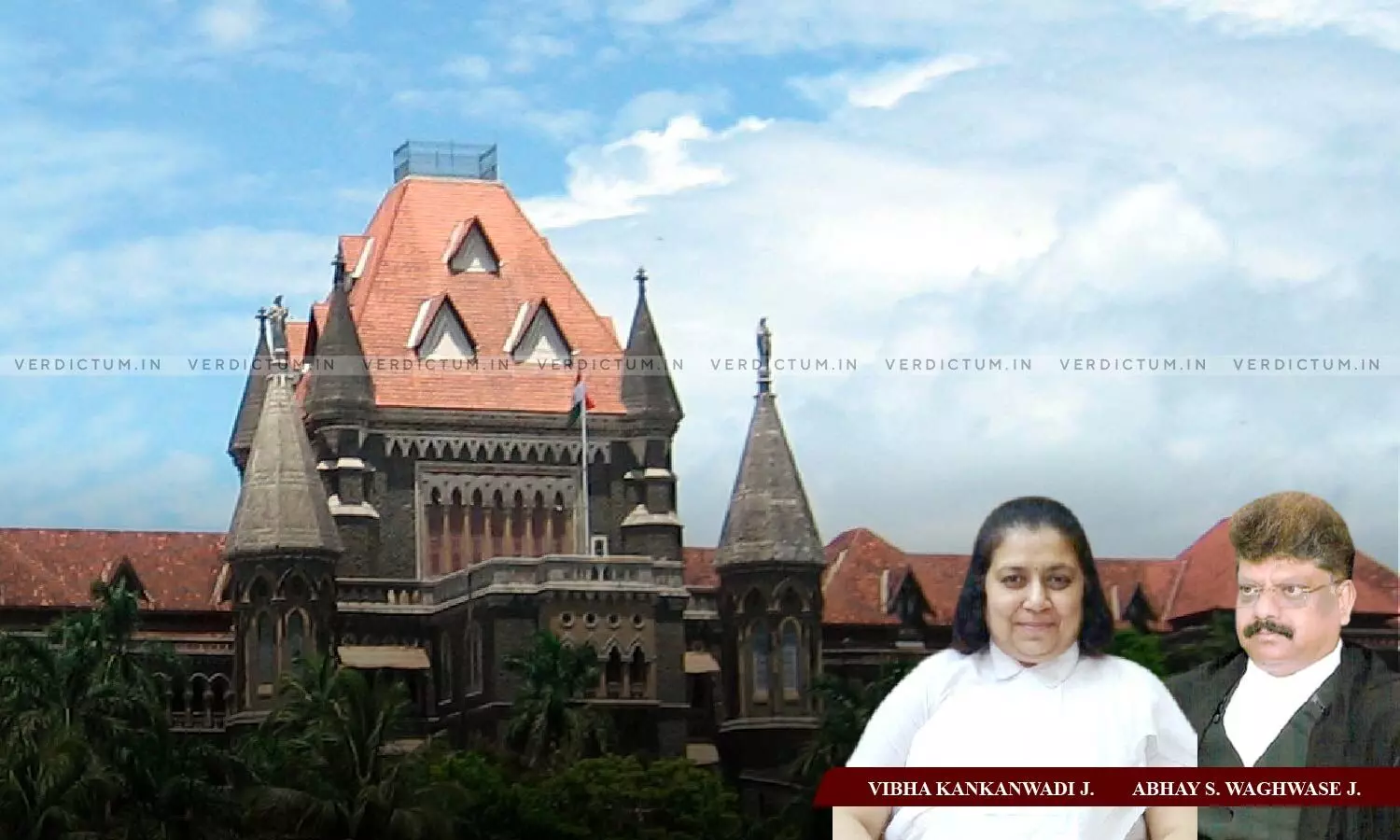
Postmortem Report That Death Was Unnatural Does Not Per Se Prove That It Was Homicide: Bombay High Court
 |
|The Bombay High Court, Aurangabad Bench while quashing trial court’s conviction of a man serving in the Armed Forces, accused of murdering his mother, has observed that “when it is not proved that the death is homicidal in nature, it should result in acquittal of the accused who has been charged for murder”. Further that even if in a case the postmortem report establishes that death was unnatural, “it will not per se prove that it was homicidal in nature”. The bench also observed that even if the death is to be treated as homicidal, “then it is required to be seen, as to whether the prosecution has brought on record sufficient evidence i.e. chain of circumstances which will unerringly point out towards the accused as the perpetrator of the crime”.
Therefore, while allowing the criminal appeal, a bench of Justice Vibha Kankanwadi and Justice Abhay S. Waghwase observed, “Taking into consideration the re-appreciation and revisiting to the evidence adduced by the prosecution, we are of the opinion that there was absolutely no evidence against the accused. The Judgment of the trial Court, based on wrong appreciation of the evidence is perverse and cannot be allowed to see the light even for a day”.
Advocate D.R. Korade appeared for the appellant and APP A.M. Phule appeared for the respondent-State
In the instant case, PW-1 Jitendra (who had filed an FIR) was serving in the Police Department while the accused (his real brother) was employed in the Military since 2002 and on the date of incident was posted at Kargil and had come on leave for 15 days. Informant-Jitendra and accused were residing with their mother Tarabai and grand-mother. The mother on an unfortunate day was found dead in a field, pursuant to which Jitendra suspected the accused owing to a land dispute and a quarrel with their mother regarding the same. The informant raised suspicion over the accused which he said later got confirmed on the basis of his statements and his gestures.
The Court however, after considering the relevant evidences and testimonies was of the view that there were many lacunae in the prosecution’s story. “The testimony of PW-1 Jitendra would give an impression that, at some point of time he was suspecting brother and at another breath he has stated that after watching the dead body of mother he suspected that some wild animal might have done the act. That means PW-1 Jitendra was not suspecting the brother. PW-5 Dr. Manisha is not ruling out the possibility of act by wild animal. PW-1 Jitendra admitted that wild animals used to come in their agricultural field. On this count also except suspicion there appears nothing as against the accused. PW-1 Jitendra admits that accused was whimsical and it appears that as the accused did not take part in searching mother and told that they should perform the last rites immediately without postmortem, the informant as well as PW-2 Avinash were saying that the accused has committed murder of his mother”, the bench further noted.
The PW1 in the cross-examination had also admitted the fact that the grand-mother (who was present with the mother and the accused at the time) had told him that there was no quarrel between the deceased and the accused in her presence, and therefore the passing of information was thus questioned. The bench, accordingly further was of the opinion that the prosecution evidence, suffered from non-examination of important witnesses.
The bench also noted the statements of the PW-7 PSI Gore who had given an account of the investigation he carried out. “His evidence would definitely show that he was just acting as stated by PW-1 Jitendra, who was admittedly working in Police Department. It has come on record that the accused was in Military services and at the time of arrest he was not holding service revolver. Even on the point of motive, there is no proper investigation by the prosecution”, the bench noted.
Accordingly, the Court observed, “The trial Court totally erred in not appreciating the evidence of these two witnesses with the back ground that they were not the proper witnesses on any point, much less on the point of ‘last seen together’. Provisions of Section 106 of the Evidence Act could not have been invoked as, firstly, the incident has not taken place inside the house and secondly, informant had not seen deceased as well as accused together when he left the house”.
Cause Title: Yuvraj Keshav Mandge v. The State of Maharashtra [Neutral Citation: 2023:BHC-AUG:23303-DB]
Click here to read/download the Judgment